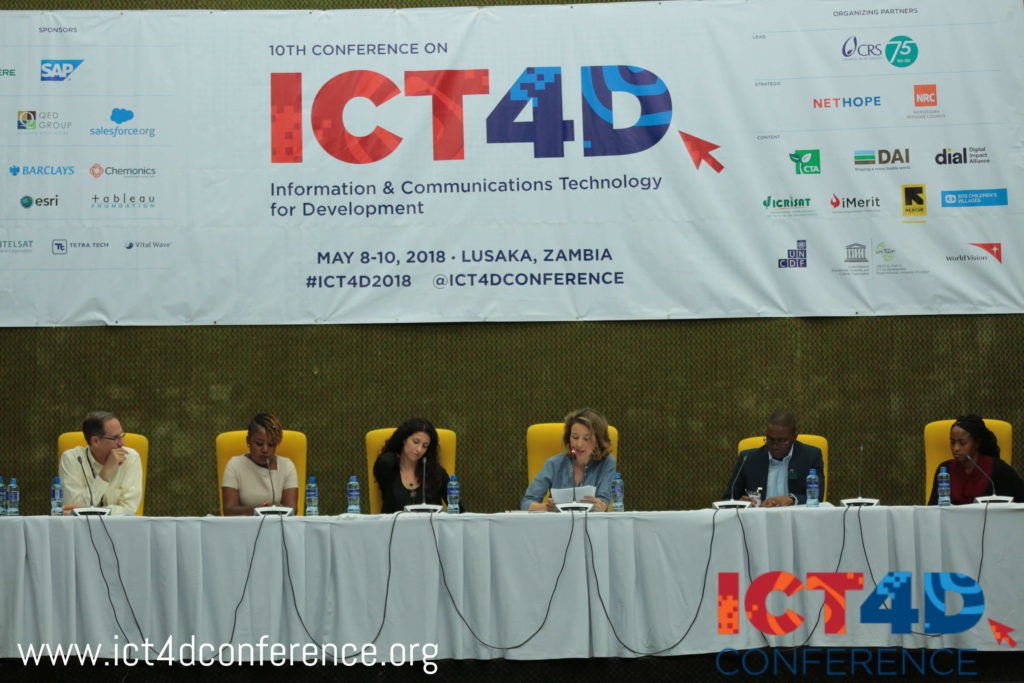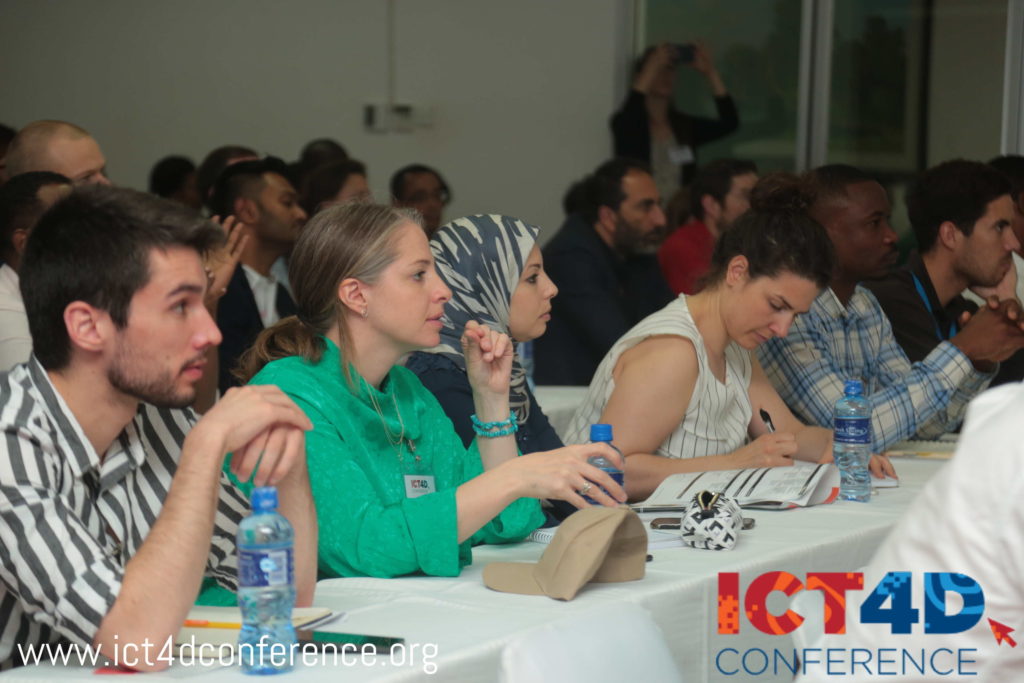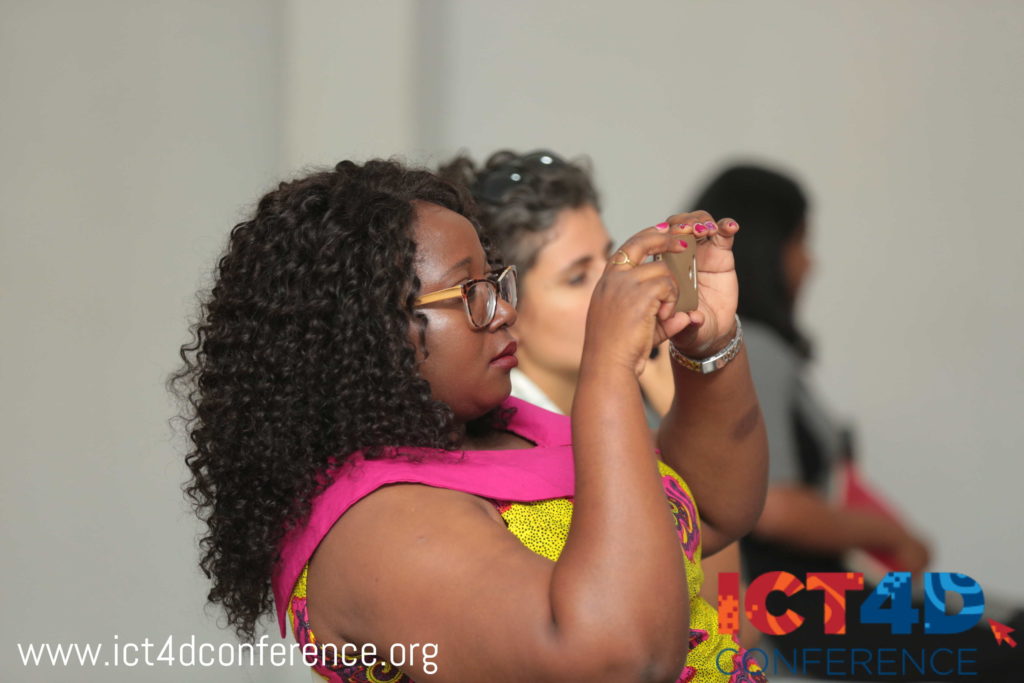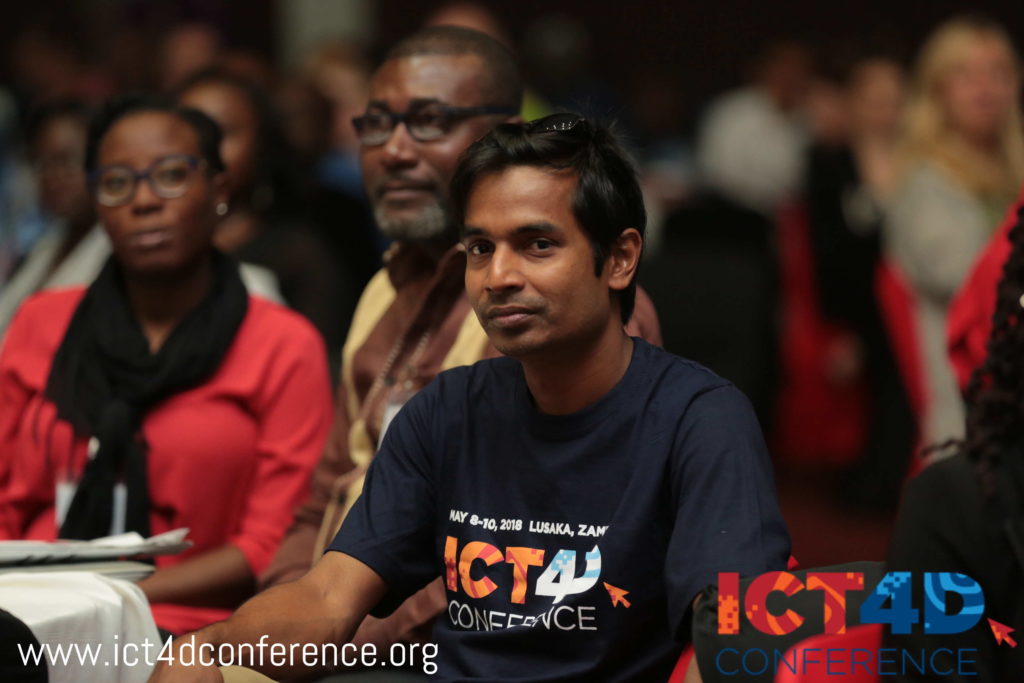
Now in its 11th session, the ICT4D Conference is the international humanitarian and development community’s opportunity to gather, to share and to demonstrate digital innovation in programs and applications to help alleviate poverty and its effects in the most marginalised and low resourced communities.
Steve Hellen, ICT4D and GIS Director at Catholic Relief Services, “CRS founded the ICT4D Conference to bring together a community of practitioners, share experiences openly and learn from each other about how to best apply rapidly evolving digital technologies to help accelerate the end of poverty, hunger and preventable disease. Each year I am amazed by the incredible examples of effective tech and data use to reach the most isolated communities – at the first mile, at scale, and achieving sustainable use.â€
ICT4D Conference comes to Kampala, Uganda
Since the 10th ICT4D Conference which took place in May 2018 in Lusaka Zambia, the increasingly volatile situations in South Sudan and the DRC have seen a huge influx of displaced people into Uganda, swelling numbers to 1.4m at a peak. While these numbers place strains on already overstretched infrastructure and service delivery, the Uganda government has worked with NGOs and the international development community to establish an evidence base of multi-sectoral needs to support refugee response plans for the coming years. Further recently completed biometric verification programs implemented by the Government and UNHCR[1] help demonstrate the effectiveness of collaboration between government and other actors in meeting the goals of improving accuracy of data and resource allocation.
With these achievements in mind it is fitting that the 11th ICT4D Conference will take place from April 30 to May 2, 2019 in Kampala, Uganda followed by an ICT4D Training Day featuring various workshops and practical sessions. Niek de Goeij, Country Representative at CRS Uganda, observes, “at the ICT4D Conference you’ll hear from IT companies and development professionals how they adopt, adapt, or completely reengineer to integrate ICT into demand-driven solutions for local and global challenges alike.â€
The benefits of how ICTs are being deployed in Uganda and beyond are noted by Ram Dhulipala, Theme Leader Digital Agriculture at ICRISAT. “Digital tools and interventions can significantly lower transaction costs for public investments in education, health, agriculture and other development sectors. Additionally, these tools enable real-time M&E and improve the quality of output data giving comfort and assurance to donors on impact.â€
Recognition of this can be seen in the evolving profile of applicants to speak at the ICT4D Conference: This year the organizing committee has received a higher number of speaker applications than ever from African countries, many of those identifying as youth.
With one of the youngest populations in the world – close to 80% are under the age of 30, understanding the needs and aspirations of youth is particularly critical in countries such as Uganda.

New conference tracks for 2019
To respond to this, the education and digital literacy themed sessions led by SOS Children’s Villages will also feature a strong component on youth engagement and innovation.
Yet while digital development continues to evolve and respond to current and emerging humanitarian and development challenges, the community recognises it faces its own challenge: How organizations work with and protect their data and that of stakeholders is of increasing importance.
Whether it’s securing patient information as part of an HIV/AIDS program or safeguarding the tenets of internet freedom as part of a civil society program, this subject is becoming critical to the success of all digital development programming. To address this need, conference sessions will focus on responsible data and information security led by NetHope and DAI Global and will afford participants an opportunity to develop practical solutions.
Ray Short, Director, Institutional Partnerships/Chief of Party at NetHope, elaborates,
“NetHope recognized that this heightened concern in the private sector exists equally in the international development sector, and we want to lead this important discussion on how we all can better design programming that takes these considerations into account. In the past, such considerations were the purview of back-office IT functions, but that’s no longer the case. â€
Digital diversity and inclusion have emerged yet another critical issue. Digital responses to combat identity-based violence online and bridge the gender divide will feature in this new track at the ICT4D Conference. Plus, the Women in Tech mentorship initiative now in its second year offer an opportunity to match global mentors with Kampala-based mentees. Sessions dedicated to ICT innovation, building partnerships and awareness in ‘digital water’ focusing will also feature within the mix of conference learning opportunities.
You will also share ideas on how to overcome challenges in supply chain management across diverse sectors and disciplines including health and nutrition and humanitarian response.
“As a conference consortium partner and a track lead for the newly added Supply Chain track, Chemonics is excited to join the humanitarian and international development community at this year’s ICT4D Conference,†says Mauricio Gutierrez, Senior Vice President of the Supply Chain Solutions Division at Chemonics International. “From supply chain management to workforce development, ICT4D has a vital footprint in Chemonics’ work. We look forward to sharing our experience and exploring innovative solutions to development challenges around the world.

Evidence of impact and scalability success
The focus and structure of the ICT4D Conference adapts to respond to the evolution and challenges within the digital development community. “We want to make sure we bring our best motivation and – whenever is needed – our most constructive criticism to make sure ‘digital innovation’ is not just a fig leaf but a way to improve, localize and decentralize the humanitarian system,†explains Giulio Coppi, Digital Specialist at Norwegian Refugee Council.
The conference will feature over 200 sessions on innovation demonstrating evidence of impact and value to the beneficiary and end user, and lessons from scalability successes and challenges. This information is delivered in a variety of session formats to give you the best opportunity to interact with your peers and colleagues. Many participants value this annual meeting to share experiences across sectors, applications, and regions.
This year ‘learning carousel‘ sessions offer you the chance to dig deeper into the experiences and ideas of others in a series of informal but guided discussions on a range of issues that arise within the conference. You may also register for our separately bookable Training Day sessions taking place on May 3. Gain in-depth based updates and insights to complement and enhance your existing skill-sets. Details to follow shortly.
Plus, this year we have dedicated a special zone for regional entrepreneurs and business in the extended exhibit area. Spend your time in between discussions and Q&A sessions discovering how local business are embracing digital in their own context.
This annual gathering of the digital development community continues to grow each year. For 2019 the ICT4D Conference is expected to bring together around 1000 development and humanitarian professionals –program and country managers from myriad disciplines, technical experts, representatives of governmental, non-governmental and private sector organizations, and individuals from countries across the globe. The multi-sectoral format allows participants to share experiences with, learn from and collaborate with their peers in other discipline, and it allows them to spend time with a diverse community of colleagues from the region who are working on the ground.

The Organizers
The ICT4D Conference event, founded and led by Catholic Relief Services (CRS), is organized in partnership with a consortium that includes: NetHope, the Norwegian Refugee Council (NRC), Chemonics International, DAI Global, the International Rescue Committee (IRC), the International Crops Research Institute for the Semi-arid Tropics (ICRISAT), Plan International, National Union of Disabled People of Uganda (NUDIPU), SOS Childrens’ Village, the United Nations Capital Development Fund (UNCDF) and World Vision International (WVI).
1. Source: Joint press release of UNHCR and OPM October 29, 2018